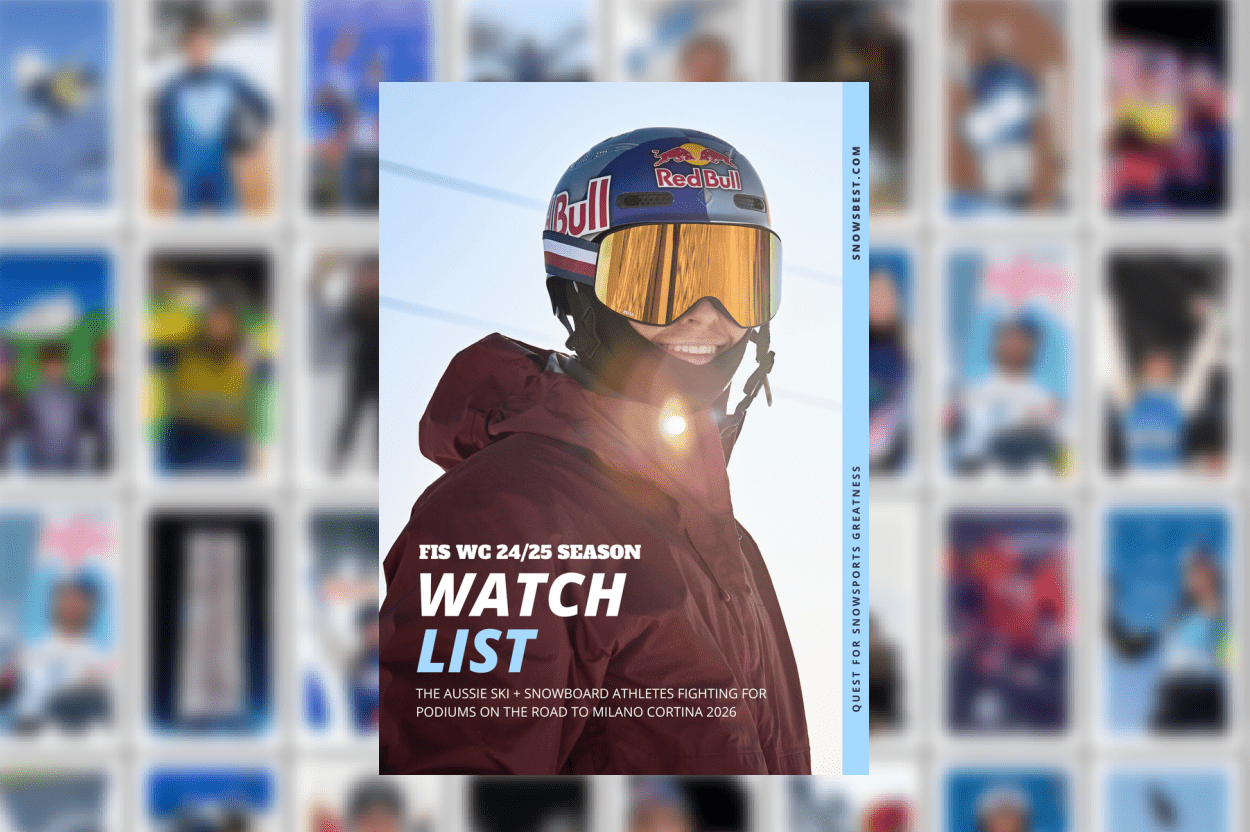Naturopath, Louise O’Connor, reveals her top tips and supplements to help you get back on skis and a snowboard quicker.
You may not huck cliffs like big mountain skier Lynsey Dyer, or ski as fast as Lindsey Vonn, but whenever you step onto your stage chances are one day you will get hurt.
Studies show wrist, shoulder, and ankle injuries are more common among snowboarders, while knee ligament damage is the most common ski injury.
If you are dealing with some type of injury there are some nutritional supplements that can help speed the recovery process so you can get back out there doing what you love.
Check out these top five supplements I recommend you try to speed recovery and reduce the pain of physical injury.
Turmeric With Bioactive Curcumin
When you are injured the immune system reacts in full force by creating inflammation. It’s part of the healing response. However, depending on the injury, this can trigger a massive amount of pain and swelling.
Turmeric is a top supplement to help tame inflammation. Turmeric contains natural compounds known as curcuminoids, the most important of which is curcumin.
Numerous scientific studies reveal curcumin is not only a powerful antioxidant, it also targets multiple inflammatory pathways. This puts it on par with non-steroidal anti-inflammatory drugs (NSAIDS), but without the side effects.
It’s almost impossible to get a therapeutic effect by simply adding this spice to your food. Specialised Turmeric supplements are now available. They contain a high amount of bioactive curcumin.
Glucosamine Sulfate
Glucosamine sulfate is your go-to supplement as this nutrient acts a basic building block to help rebuild many parts of your joints, including ligaments, tendons and cartilage.
It’s normally recommended that you take 500mg three times a day. Taking a divided dose during the day works best. Glucosamine is a large compound so the body is not able to fully absorb a big quantity in one go.
If you don’t like the idea of taking a glucosamine supplement derived from shellfish look for GlucosaGreen® which is a new vegan glucosamine product.
Methylsulfonylmethane (MSM)
MSM is a rich source of sulphur, a mineral required by every cell in your body. I list it here as MSM is a vital building block for both bones, and joints. Studies also show it can help reduce joint pain and swelling.
The beneficial effects may be more noticeable when MSM is taken with glucosamine sulfate.
Vitamin C
Vitamin C is not just for colds. This nutrient helps fight inflammation, and plays a key role in injury repair.
Your body uses vitamin C to form collagen which is the most abundant protein structure in your body, and a major component of all connective tissue. Collagen keeps your bones, tendons and ligaments strong.
As an antioxidant, vitamin C can also help block harmful free radicals that are produced in excess whenever you have a localised injury causing pain and swelling.
Your body does not make, or store vitamin C. Sodium ascorbate powder is the most effective and economical way to optimise your daily vitamin C intake.
Magnesium
Magnesium is essential for proper muscle function and the reason it’s often recommended to improve sports performance. Signs you may be low in this mineral include muscle cramps, eye twitches, and fatigue.
Magnesium can also help relieve the muscle guarding that sets in soon after an injury.
Muscle guarding is the body’s natural response to restrict movement of the injured site to prevent further injury. You experience it as a stiff neck, shoulder, or back which adds to the pain and discomfort of an injury.
My tip. Avoid magnesium products with magnesium oxide, a form that’s poorly absorbed and therefore pretty much a waste of money. Better quality magnesium powders list magnesium amino acid chelate on the label.
prevention better than treatment
There are, of course, tips you can take to help reduce your risk of injury.
Does food matter?
Yep. No matter what food philosophy you subscribe to, paleo, vegan, or somewhere in between it’s a good idea to cut gluten, vegetable oils (Canola + soy oil), corn, dairy milk, sugary foods, and alcohol from your diet while you’re dealing with an injury. Why? Because these foods, along with alcohol, fuel inflammation in the body.
A Holistic Approach to Reduce Your Risk of Injury
There’s a definitely a few simple steps you can take to stay fit, and healthy all winter long.
Eat a healthy (mainly plant-based) diet; go easy on the alcohol; take time to allow your body time to recover from strenuous activity; stay hydrated by drinking plenty of filtered water; stretch regularly with a yoga, or Pilates session; and trim down if you are overweight (excess weight is one of the biggest stressors on joints, particularly the knees).
Lastly, tailor your off-season exercise program to build balance, flexibility and strength.
Louise O’Connor aka Louise Luvstoski is an Aussie Naturopath who made the move from the Gold Coast to NE Victoria to clock more ski miles. Now she can’t decide if Hotham, or Falls Creek is her favourite ski resort. Follow on Instagram @louiseluvstoski.
Read more from our SnowsBest Fit2Ski experts for more fit2ski programs, nutrition and more.


































very very dodgy science
anyone & I mean ANYONE, with zero qualifications can call themselves a naturopath.